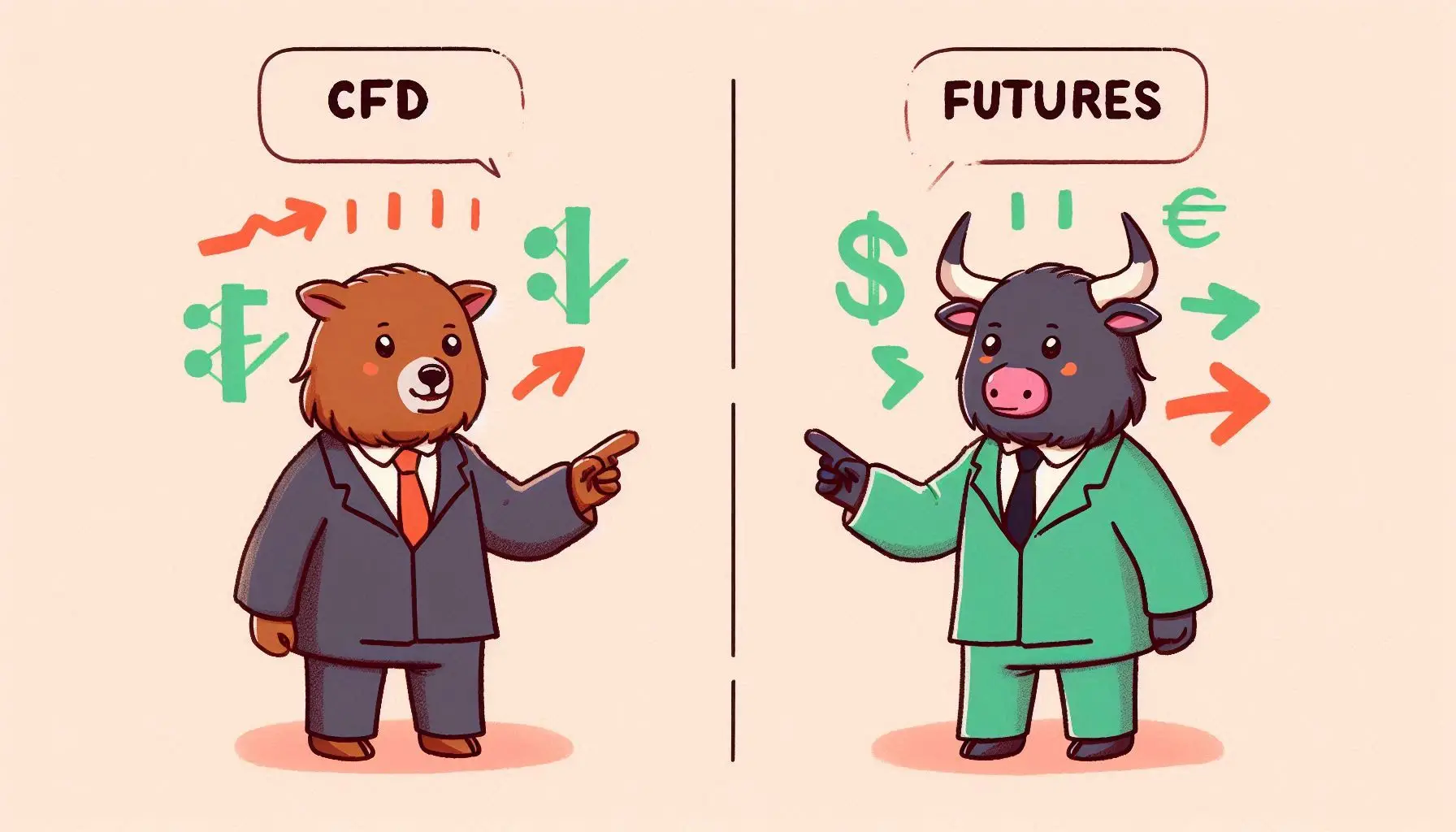These days, a lot of prop firms advertise themselves as looking for consistently profitable traders to fund. That's the story they tell, anyway. The other side of the coin is that the prop firm business model is a real money-spinner – but we're not going to get into that here.
For traders, the opportunities prop firms offer are truly invaluable. Once you're skilled enough to pass the challenge and reach funded status, the market genuinely becomes your personal ATM. You can leverage a very small initial investment to generate potentially unlimited profits. Furthermore, you can purchase accounts from multiple firms, rapidly scaling up the amount of capital you control.
Prop firms generally fall into two categories: those specializing in futures, and those specializing in CFDs (which include forex, indices, commodities, etc.). The rules for these two types differ slightly. I believe the main distinction lies in the 'time limits'. As for the other rules, such as drawdown and profit targets, they are quite similar, and if you possess the necessary skills, these won't pose significant challenges.
Futures Prop Firms: Lower Fees, Monthly Subscription, 30-Day Renewal
Futures prop firms, like Apex Trader Funding and TopStep, typically use a subscription-based model. You pay a monthly fee for your challenge account, and as long as you keep renewing, your challenge account remains active.
People typically purchase Apex Trader Funding accounts at a 80% off or 90% off discount. A $50k account would then cost approximately US$34.
A $50k account with Topstep will run you US$49.
Generally, traders participating in the prop firm 'game' tend to adopt one of the following three approaches:
- High-risk betting or gambling on news releases, aiming to pass the challenge with a single or a few large trades that capitalize on significant market movements.
- Employing their trading skills with a steady, gradual approach.
- Utilizing their trading skills but increasing position sizes in hopes of passing the challenge quickly.
If successful, both methods (1) and (3) can lead to passing the challenge within 30 days. However, opting for method (2) will inevitably require a longer timeframe, potentially subjecting you to the pressure of subscription renewals. While the renewal fees themselves might be minimal, they still present a hurdle and introduce a degree of psychological stress.
As the 30-day deadline approaches, if traders are still far from reaching their profit target, they are highly likely to become anxious and increase their position sizes. Ultimately, this can easily lead to failure due to one or two mistakes, causing them to hit the drawdown limit and lose the entire challenge.
Psychological errors are fatal for traders. Even if you possess strong market analysis skills, an unstable mental state can lead to overtrading, impulsiveness, and even revenge trading (which is essentially trading suicide!).
CFD Prop Firms: Higher Fees, No Time Limits
CFD prop firms initially imposed a 30-day time limit, but that rule has since been dropped by virtually all companies. As long as you execute at least one trade every 30 days, your challenge account remains active. This is a significant advantage for traders employing method (2) as it grants them ample time to wait for optimal setups.
Given my current skill set, CFD prop firms are a better fit for me. My goal is to generate consistent profits over the long haul. I'm currently focused on establishing a consistent trading pattern. I can leverage the unlimited time frame offered by CFD prop firms to undergo intensive training – it's crucial to understand that paper trading and demo accounts, which lack the 'financial pressure' stemming from the volatility of real profits and losses, provide a vastly different experience.
However, CFD prop firms aren't the ideal choice. This is because the vast majority of CFD prop firms are unregulated, and historically, those prop firms that have performed a 'rug pull' have all been CFD-based.
In short, these financial innovations are often accompanied by scams. When we utilize prop firms, which are excellent funding channels, we must be vigilant and prevent them from exploiting our greed.
